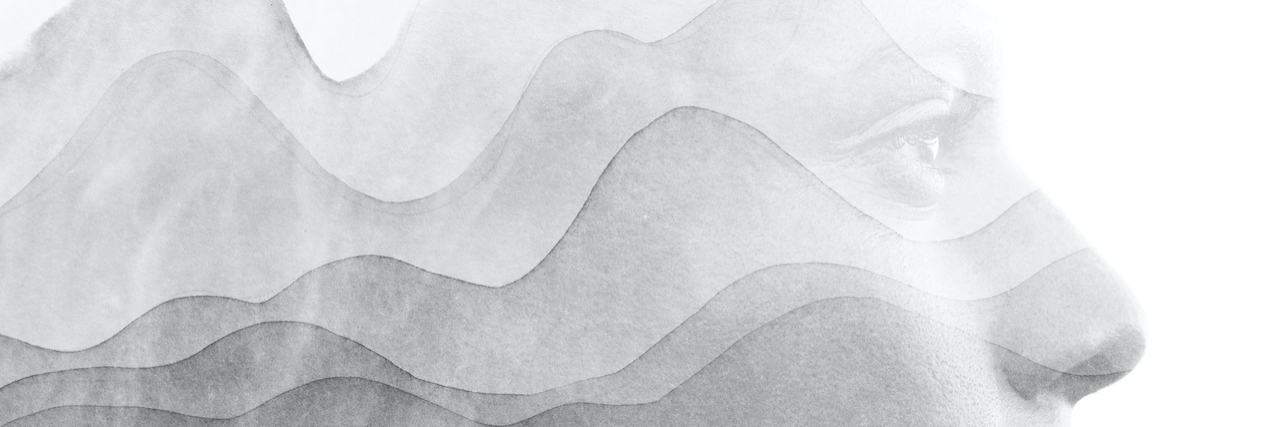I have heard the phrase: “be careful what you wish for” many times, but never in my wild imagination could I have predicted the situation I currently experience as a chronically ill 30-something woman.
You see, I first got ill when I was a very young child. I would be regularly unwell with viruses that would have me off nursery and primary school for a couple of weeks at a time, and this pattern progressed steadily until I was about 11. After that, I started to manifest numerous long-term health issues and for the longest time, no one truly knew what was medically “wrong” with me. There were so many problems, so many unknowns and for most of my childhood, I spent it in full knowledge that for a lot of people around me, be it friends from school and even some family, I must be making up my symptoms and illness for attention; or at the very least to bunk off school, which for a self-confessed geek is sort of laughable, or would be if the situation had been remotely funny.
I was diagnosed with my first autoimmune disease at 14 and my health steadily went from there, but I recall only too well the many times I felt it necessary to justify my ill health to others and how small and insignificant their judgmental disapproval made me feel. It was no doubt compounded by the fact that I was only a kid and that’s a lot for any young person to process. None the less and despite my precarious health, I was lucky enough to attend University and to
make lifelong friends before my health progressed to the point where I find myself now.
This is what I’m grappling with: as a child with ill health and vague, insufficient diagnoses, I felt judged by those around me, as if I was either faking or somehow dramatizing my symptoms. In direct contrast to this, I find myself as an adult with *so many* diagnoses, some of which are very serious. And rather than feel validated and comforted by that validation, I am experiencing a completely different, yet equally uncomfortable, judgmental disapproval: it stems from a sheer “disbelief” that one could actually have so many autoimmune diseases!
I have learned from others in similar situations to my own, that these disbelieving interactions and experiences can be considered somewhat expected for people with multiple autoimmune syndrome (MAS), which means having three or more autoimmune diseases. We rarities seem to struggle like many who struggle with autoimmune disease for our initial autoimmune conditions to be diagnosed, but just like it is when you’re waiting forever for a bus, several autoimmune diseases seem to arrive (or be diagnosed, I should say) at once.
I am perplexed by the idea that anyone would doubt the veracity of my health based on my unfortunate (and thankfully for others, rare) circumstance of having accumulated so many autoimmune diseases, yet I have seen that exact same doubt and incredulity on the faces of private medical consultants who, unlike my NHS consultants, do not have ready access to my medical records, meaning they too find it rather difficult to believe my medical history, until presented with hard evidence. After all, how can anyone be so unlucky as to develop six autoimmune diseases, not counting a plethora of conditions caused by them?
I suppose it’s reasonable to consider that if it’s hard for a medical professional to wrap their head around the truth, it’s not surprising that Joe Blogg struggles. For me though, it’s especially painful when Joe Blogg’s happens to be someone I care about. Often, I find that people tend not to ask much about what’s going on in my life, and this is not because they are rude but rather, they are so uncomfortable about my health that it’s simply easier for them to tell you what is happening in their life instead. I don’t know if this transcends directly from a general sense of disbelief over my multiple autoimmune syndrome status, an inability to keep track of what is wrong with me, or perhaps, it’s something as rudimentary as the age-old uncomfortable notion that you’re ill and they’re fervently hoping you don’t go off on a pity-party in their company because God only knows how awkward that would be.
Regardless of the reason, the general disbelief that accompanies having so many diagnoses is actually in its own way invalidating and emotionally draining. Not quite on the scale of being in no-man’s land as a child who felt terribly alone and disbelieved despite being so unwell but certainly, it’s a bitter pill to swallow when you wished harder than anything else in the world that everyone would know why you were doing so poorly, only to realize that even when they do know, it attracts its own sense of disbelief, just a different form of it.
The reasons why I am unwell are glaringly obvious now, both to those around me and the medical community, but it turns out you really should be careful what you wish for because the grass isn’t greener on the other side, and diagnosis doesn’t always lead to validation and understanding after all.
Getty image by LUMEZIA

